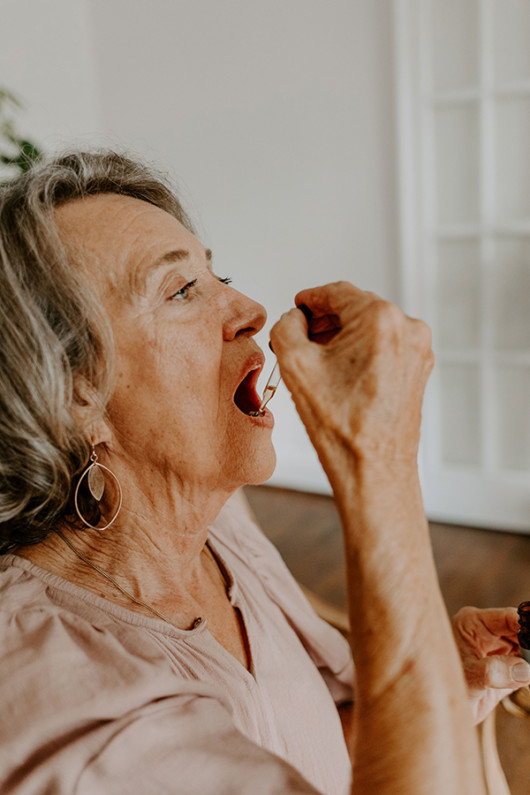Women have an average weight gain of 5lbs (2.2kg) while going through the menopause. However, some women don’t put on any weight, while others can put on as much as two stone (11kg). Much of this comes down to lifestyle and genetics, however its thought that the fall in estrogen levels could be connected. Increases in weight post-40 years of age increases the risk of depression, breast cancer, type 2 diabetes and heart disease.
Anybody familiar with recreational cannabis use will know that some of the plant’s compounds can make you hungry. This is known as ‘the munchies’. However, fresh studies have found that cannabis doesn’t always lead us down a sugary spiral, and that cannabinoids such as CBD and tetrahydrocannabivarin (THCV) can modulate a person’s metabolism and reduce their risk of getting type 2 diabetes.

These beneficial cannabinoids make the body more sensitive to insulin and stops the body from accumulating too much liver fat.
The potential of cannabinoids being used to help with weight loss has not gone unnoticed by the pharmaceutical world. Some patients have been administered a synthetic cannabinoid called Rimonabant, which works as an anti-obesity drug. In addition to reducing weight, the drug helped to boost good cholesterol and reduce waist circumference.
But unfortunately, Rimonabant had an inhibitory effect on a cell receptor responsible for regulating mood. Some of the patients who used it experienced bouts of suicidal depression. This once again showcases the dangers of synthetic cannabinoids and indicates why real CBD nugs and cannabinoids are better for medicating with.
Bone Loss
Estrogen is necessary for the body to form strong bones – believe it or not, your bones are in a constant state of flux. The bones are constantly replacing old and damaged bone cells with new, healthy replacement. Estrogen helps ensure this process runs smoothly, but as we age, the reduced estrogen levels makes this more difficult. Perhaps this explains why older people are more prone to suffering from brittle bones and conditions such as osteoporosis.
There is some evidence for cannabinoids helping with bone health. In 2009, a review revealed that genetic modifications to cannabinoid receptors are linked to post-menopause-influenced osteoporosis. The study found that cannabinoid therapy could limit and even stop bone loss that occurs due to surgically-induced menopause.
The researchers agreed that cannabinoid drugs may have potential as a future treatment for osteoporosis. It’s thought that CBD-rich products are of most uses to patients with osteoporosis and other bone conditions.
Insomnia
Insomnia is one of the worst side effects of the menopause as it can contribute to fatigue, which affects day-to-day productivity, and lead to other health complications. Koi CBD lowers body temperature so that you can enjoy a relaxed night’s sleep, free of night sweats.

The body gets less of the oh-so-important deep sleep that it needs for body restoration as we get older. Instead, we tend to spend more time in rapid-eye movement (REM) sleep, the phase where we dream. A lack of deep sleep puts you at a higher risk of diabetes, as well as dementia and other neurodegenerative diseases.
Marijuana regulates your sleep cycle and ensures you get more of that rejuvenating deep sleep. A good sleep pattern can help you live longer and stay healthier. For insomnia patients, sedative indica strains will promote sleep more effectively than energizing sativa strains.



